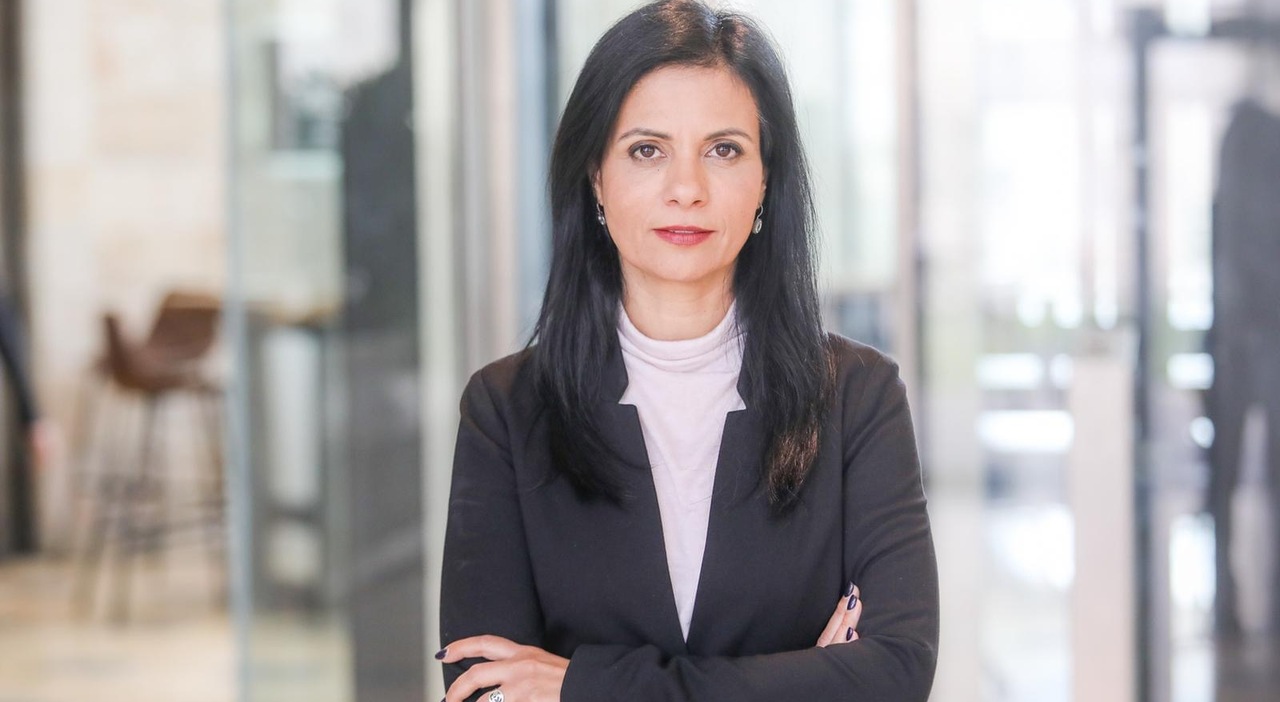It is unknown how many there are, but certainly many. Abused out of spite because they are Jewish and because they are women, and then filmed with body-cams or cell phones as if they were trophies to be displayed. The last desecrating action was a source of pride on social media. Even when the victims of sexual violence on October 7 were killed with a gunshot and part of their bodies underwent mutilations. A breast detached and then thrown into the air, not to mention worse otherwise it would end up in the horror category. Yifat Bitton talks about the systematic massacres that took place at the Nova festival and in the kibbutz trying to remain detached but at a certain point in the conversation she ends up lowering her gaze and admits: 'I have been dealing with female violence for decades, I thought I was ready to face a difficult task, but here we are beyond the imaginable'. The task she is talking about is the processing and forensic collection of all the evidence needed to prove in court that the systematic and planned violence against Israeli girls and women who took part in the Nova festival that day or were in their homes in the kibbutz hit by Hamas militiamen constitute a crime against humanity.
Israel fears another 7/10 from the North, 'Hezbollah like Hamas wants the extermination of the Jews' reveals Colonel Sarit Zehavi
This is the largest rape investigation in Israeli history. Bitton, a law professor and university lecturer, founder of Tmura, the Israeli Center for Anti-Discrimination and President of the Academic College 'Achva' in December gave voice to the Glass Palace to this wound but in the meantime continues to carry out a very complicated job because it is about collecting evidence. And here the knots come to the comb.
'When the army regained control in the hours immediately following the violence, chaos reigned everywhere. Imagine death scenes on the streets, charred corpses everywhere, in the kibbutz the houses just burned, dismembered bodies. It was a disorderly, dramatic, very painful moment to manage, and the first soldiers who arrived on the scene behaved as if it was just a war event. This means that it was not translated as a 'crime scene'. The guiding principle in those hours was only identification, body protection and immediate burial. There was no time and there was no preservation of the crime scene in the way that is necessary to codify sexual crimes committed.
'There was very little collection of forensic evidence, and then some of the people who should have been heard as witnesses were ignored. Something we are doing now, rebuilding everything backwards. We also work on the films, which remain incontrovertible evidence and also on the depositions, even those of the captured terrorists'. The ongoing investigations make it clear that it will take a long time before the number of cases can be clearly defined. 'At the moment those proven because documented by absolutely reliable sources such as anti-rape centers, are 35. We know that some victims have decided to speak out in public. Others do not feel like it. We are also aware of sexual abuse and harassment suffered by the hostages, as reported and testified by some of those who have been released'.
According to Bitton, a realistic hypothesis revolves around 100 cases of abuse in a broad sense. 'A figure that, however, does not include the most difficult cases yet to be identified'. And it's as if the victims of the violence had suffered multiple, repeated outrage. The first time on October 7, the second time with the silence dropped by much of the global female world that has missed an important solidarity with Israeli women and, finally, for the absurd complication encountered by forensic experts in the collection of evidence to be exhibited in court on what happened in its completeness and objectivity. The internal security service Shin Bet has, however, in the meantime obtained important recordings of various investigations on the Nukhba terrorists (a military branch within Hamas) who have confirmed the precise orders received to abuse women and children. The evidence also includes the information provided by the terrorists during interrogations and the precious testimonies of the survivors.
According to material in the hands of ZAKA - a rescue unit based in Jerusalem and managing specially trained teams of paramedics - there were also cases of sexual abuse on some men. Sometimes the bodies found had been so devastated that 'it was hard to tell if it was a man or a woman'. Last week Pramila Patten, the United Nations envoy sent for a first check in Tel Aviv on this very delicate issue and on which she will have to present the results to the Secretary General, did not hide the shock. 'The things I have seen here are unimaginable'. After launching an appeal to the survivors of October 7 to testify and 'break the silence to do justice' Patten reminded that the survivors should not feel any stigma, 'rather the stigma, the shame, is on the authors'.
This article is automatically translated
